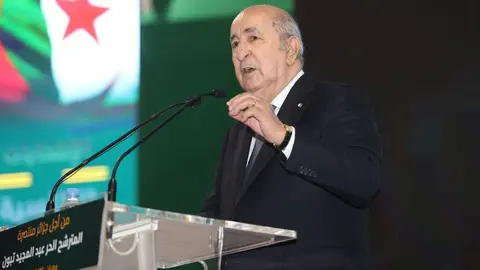Tebboune confuses Algerians: recognition of Israel depends on the creation of a Palestinian state
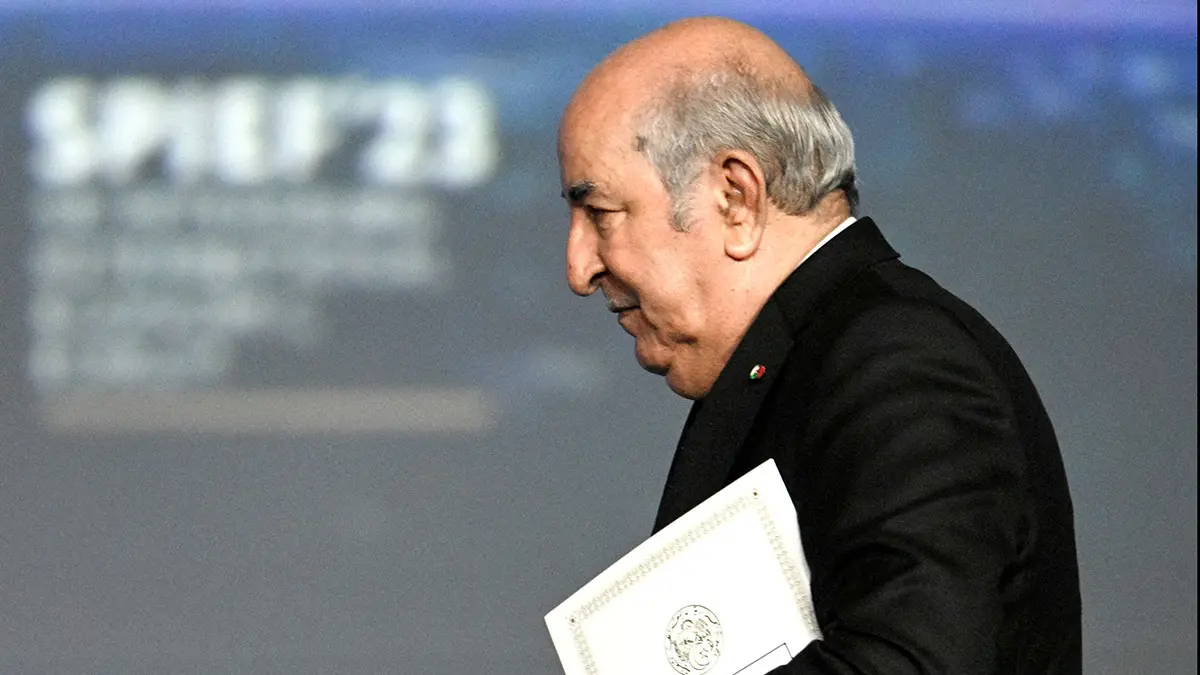
- Israel and the two-state solution
- Macron, Sansal and Western Sahara
- United States, Trump and the Polisario Front
In a demonstration that Algerian power is based on the authority of the Military Junta, Abdelmadjid Tebboune, President of Algeria, gave an interview to L'Opinion in which he outlined a series of shifts in Algerian foreign policy that have caused confusion both among Algerians and in international opinion.
It is not surprising that analysts and observers of the Algerian regime have described the interview as ‘the beginning of the end of Tebboune's leadership of Algeria’.

The Algerian president has baffled everyone with his statements on the changes in relations with the United States and the arrival of Trump; with the references to the French president, Emmanuel Macron, in terms of the tension in relations between the two nations; with the conditions for the resumption of relations with Israel; with his request not to consider the Polisario Front as a terrorist organisation; or with the inconsistencies about whether or not to support the Syrian regime of Bashar Al-Assad.
Israel and the two-state solution
By repeating the slogan ‘With Palestine, either the oppressor or the oppressed’, Tebboune made Algeria's new position on the solution to the conflict clear: two independent states... with the Palestinian capital in Jerusalem.
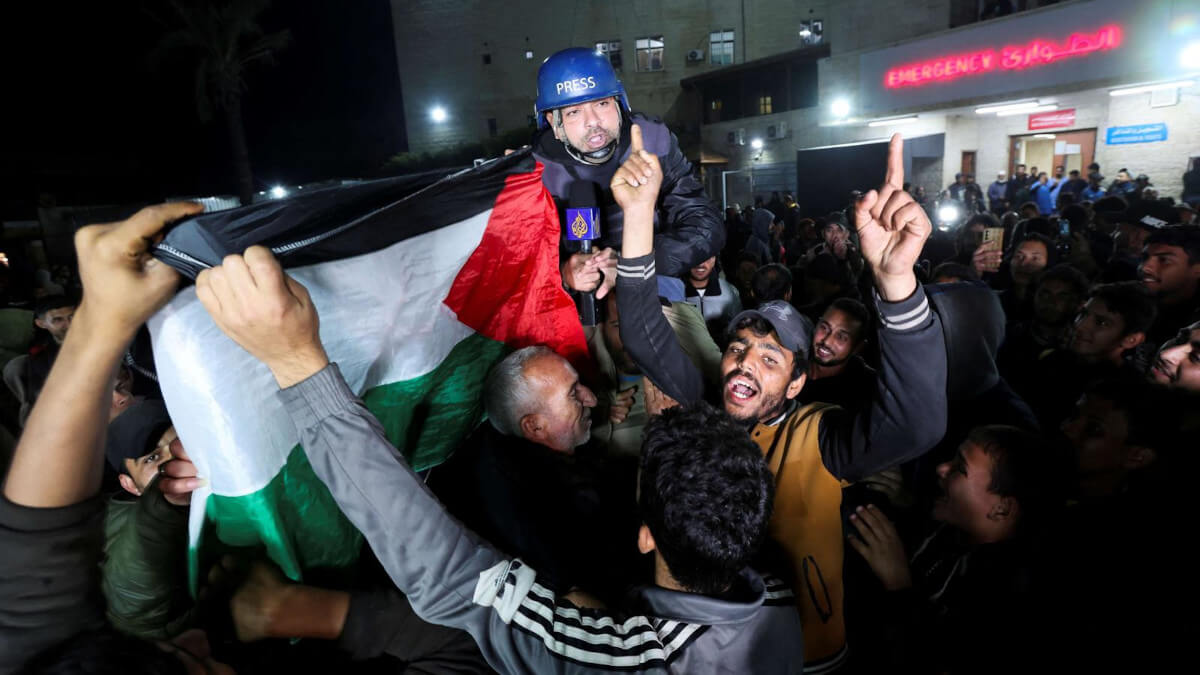
In the interview he openly stated that, as was the case with his predecessors Bouteflika and Chadli Bendjedid, the only solution for the peace process to be carried out is the creation of an independent Palestinian state. According to Abdelmadjid Tebboune, any solution that does not include the creation of two independent states will not be supported by Algiers. ‘The day there is a Palestinian state, of course Algeria will normalise its relations,’ he said.
However, the Algerian leader's statements emphasised that the only obstacle to any relationship between Algeria and Israel is Tel Aviv's refusal to allow the establishment of an independent Palestinian state.
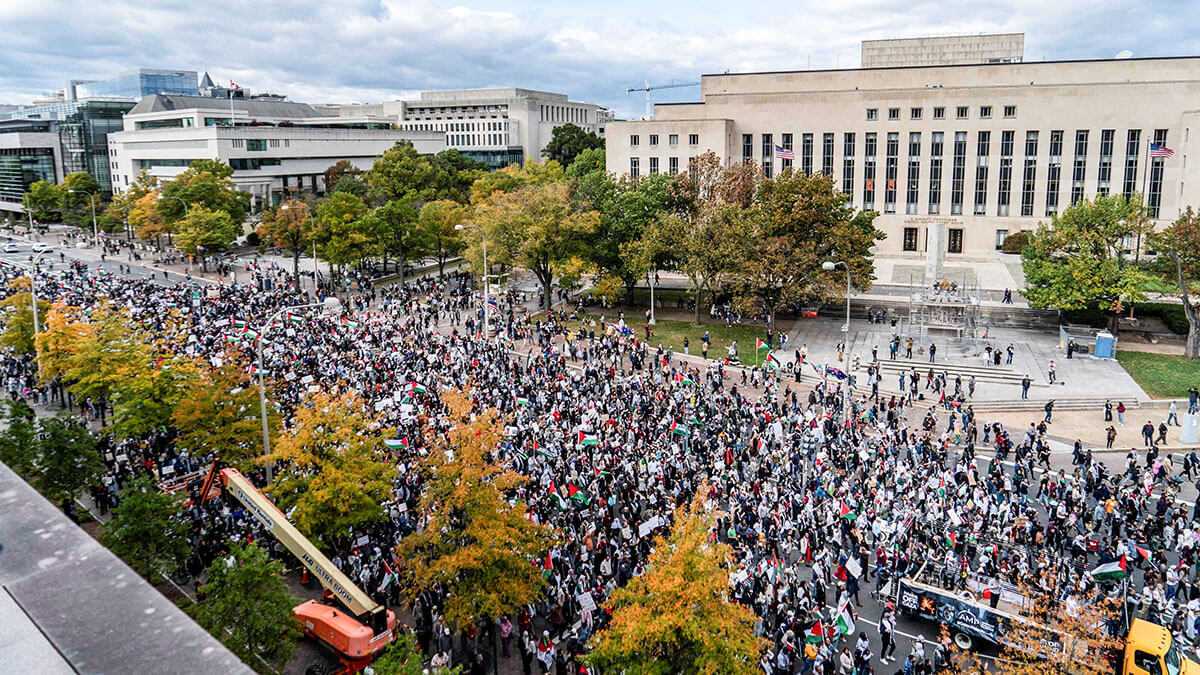
Macron, Sansal and Western Sahara
As for relations between Algiers and Paris, the Algerian president was clear: ‘We are wasting our time with Macron’. Although the French president came in August 2022 to normalise relations, the latest political decisions in favour of Morocco in recent years have led to a breakdown in ties between the two countries.
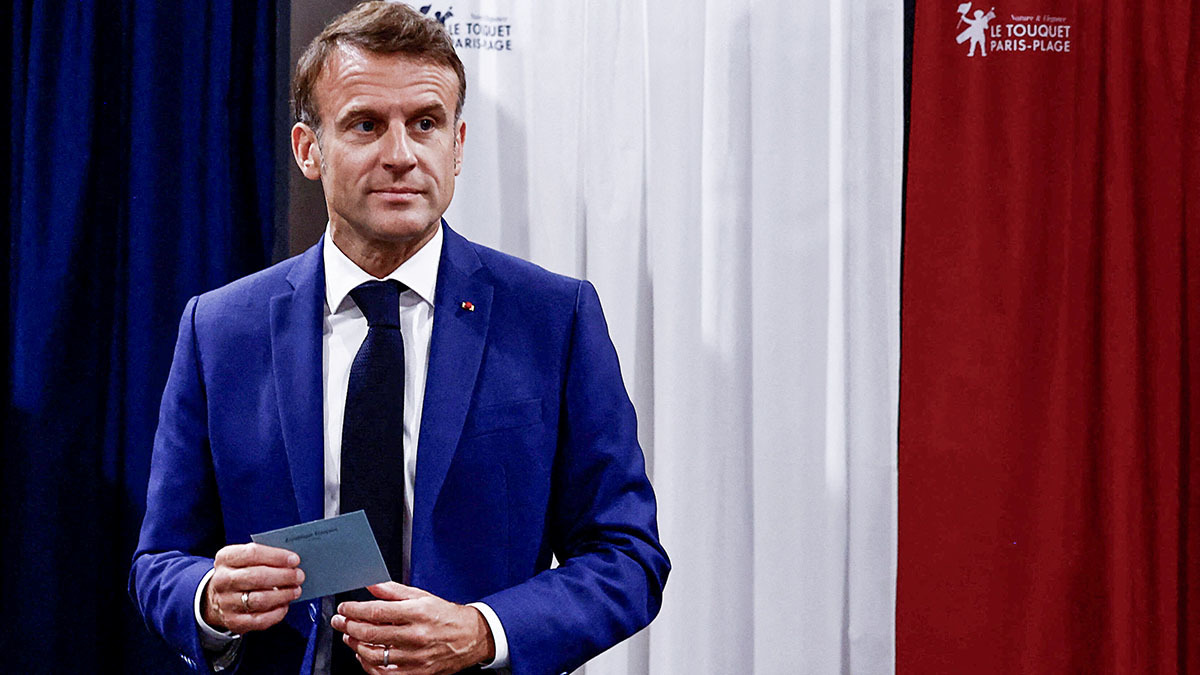
From the order to the Algerian ambassador in France not to continue in the consulate, to the extraditions of Algerian activists, there are dozens of acts that have led to a climate of tension. However, among all the issues, Tebboune pointed to two specific reasons: the refusal to extradite those whom the president considers Algerian dissidents to whom France has granted asylum and French support for the Moroccan Autonomy Plan for Western Sahara.

Regarding the case of the Franco-Algerian writer Boualem Sansal, the president denounced the manipulation by the French authorities to question Algerian borders. ‘Boualem is French, but he is Algerian first,’ said Tebboune.
Finally, he clarified that the essayist's state of health is good and that he shares time with his family like the rest of the prisoners in the prison, alluding to the fact that the treatment the writer is receiving is the same as that of the rest of the prisoners.
United States, Trump and the Polisario Front
The arrival of Donald Trump as President of the United States continues to have repercussions. For Tebboune, relations with the US Executive are now more important than ever, as Morocco is Washington's priority partner in Africa.
The continuing instability of the Sahel, whose defence has always been supported by Russian military force, has made the United States the only actor that can provide a lasting balance in the region.
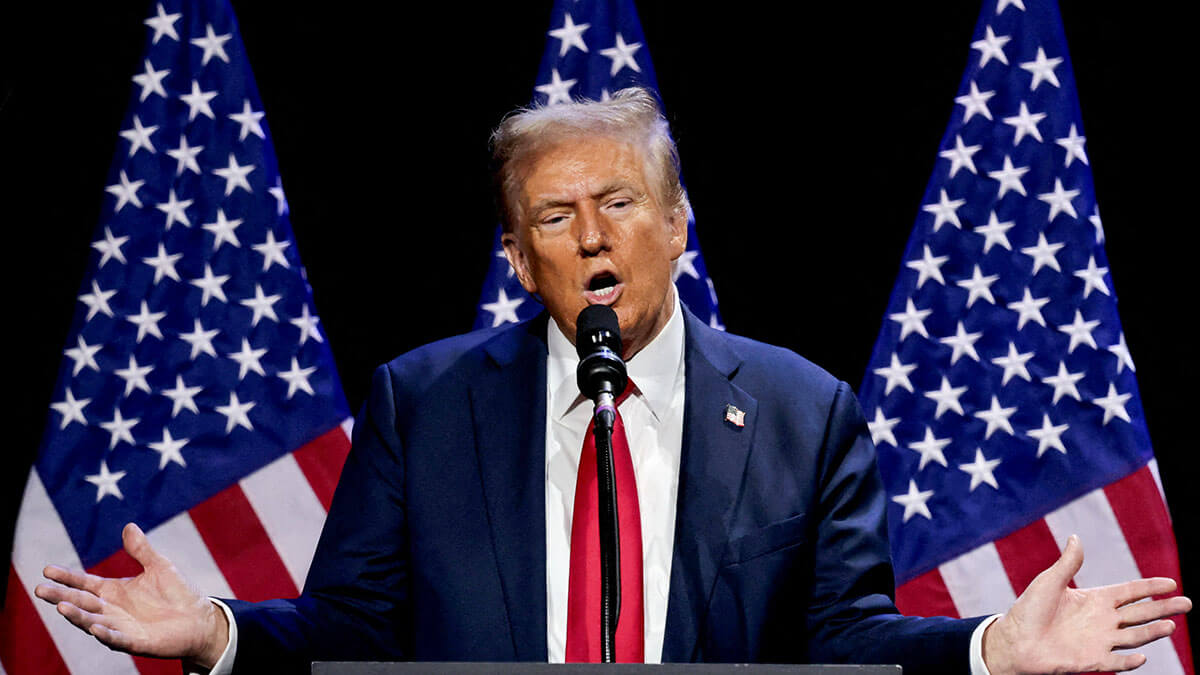
That is why, a week before the interview, the Chief of Staff of the National People's Army, General Said Chengriha, and Marine Corps General Michael Langley signed a memorandum of understanding whereby US and Algerian troops can cooperate more closely in the Sahel region.
In a gesture of rapprochement with the Donald Trump administration, Tebboune confirmed that he would accept the arrival of the 306 Algerians living in the United States who are under an Obligation to Quit French Territory (OQTF) order, in exchange for Trump ‘thinking about whether to label the Polisario Front a terrorist organisation’.
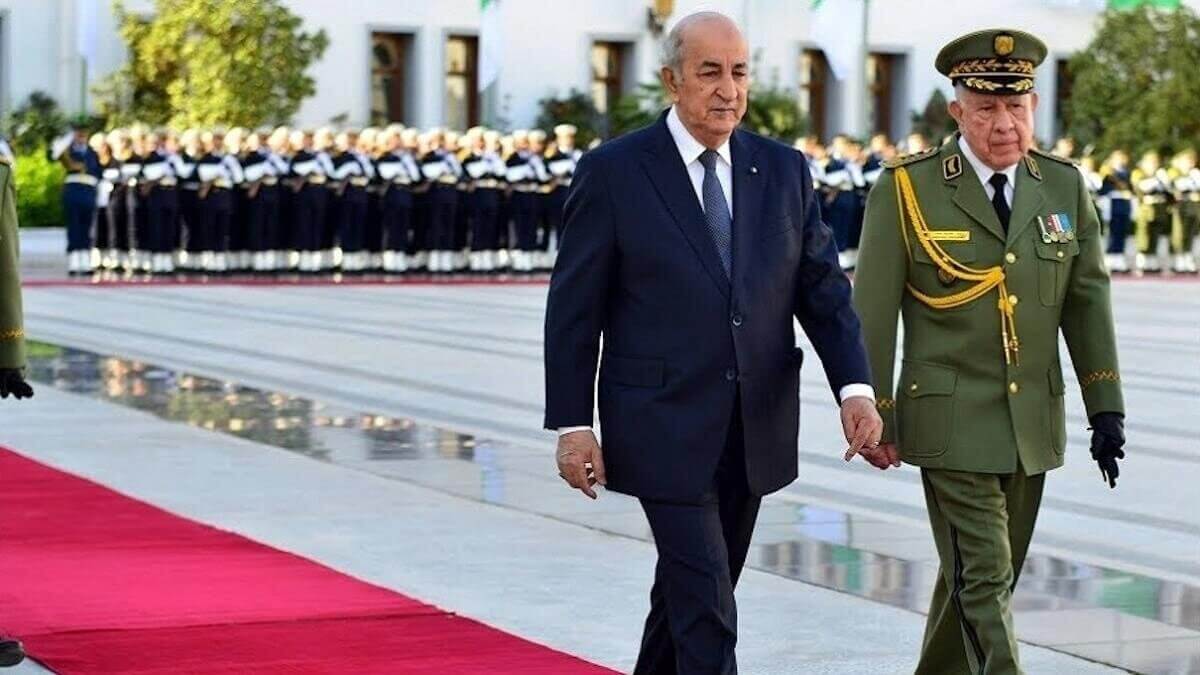
For the Algerian military regime, the inclusion of the Polisario Front on the list of terrorist organisations could be decisive, as it would jeopardise the objectives of achieving an SADR (Sahrawi Arab Democratic Republic).
With these measures, Algeria hopes that the United States will make significant diplomatic progress, as is the case with its neighbour Morocco. Finally, Tebboune pointed out that Algeria's hydrocarbon infrastructure could not have survived without US support, and he thanked Trump for congratulating him on his election victory within hours of the Algerian president's election in 2019.

